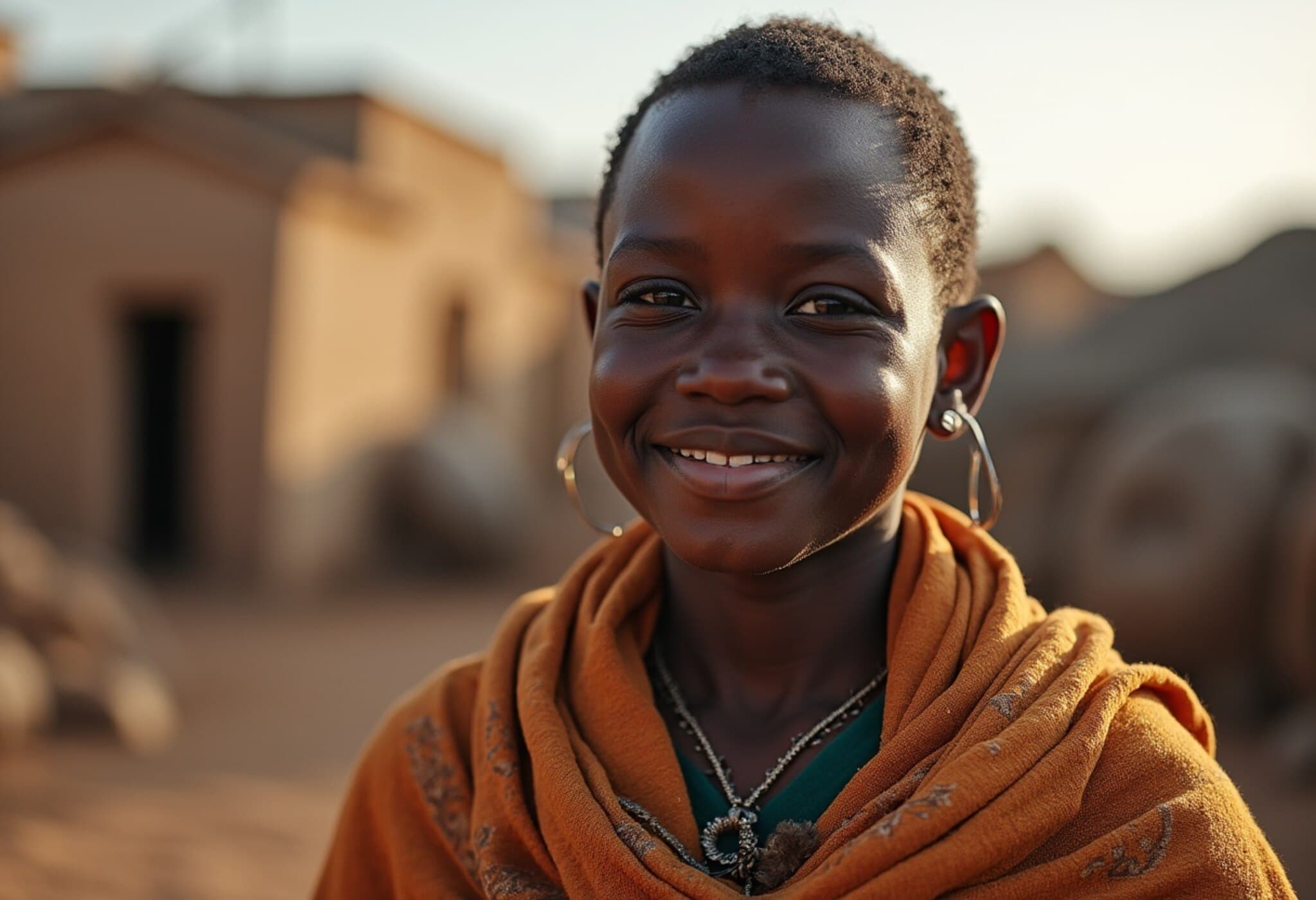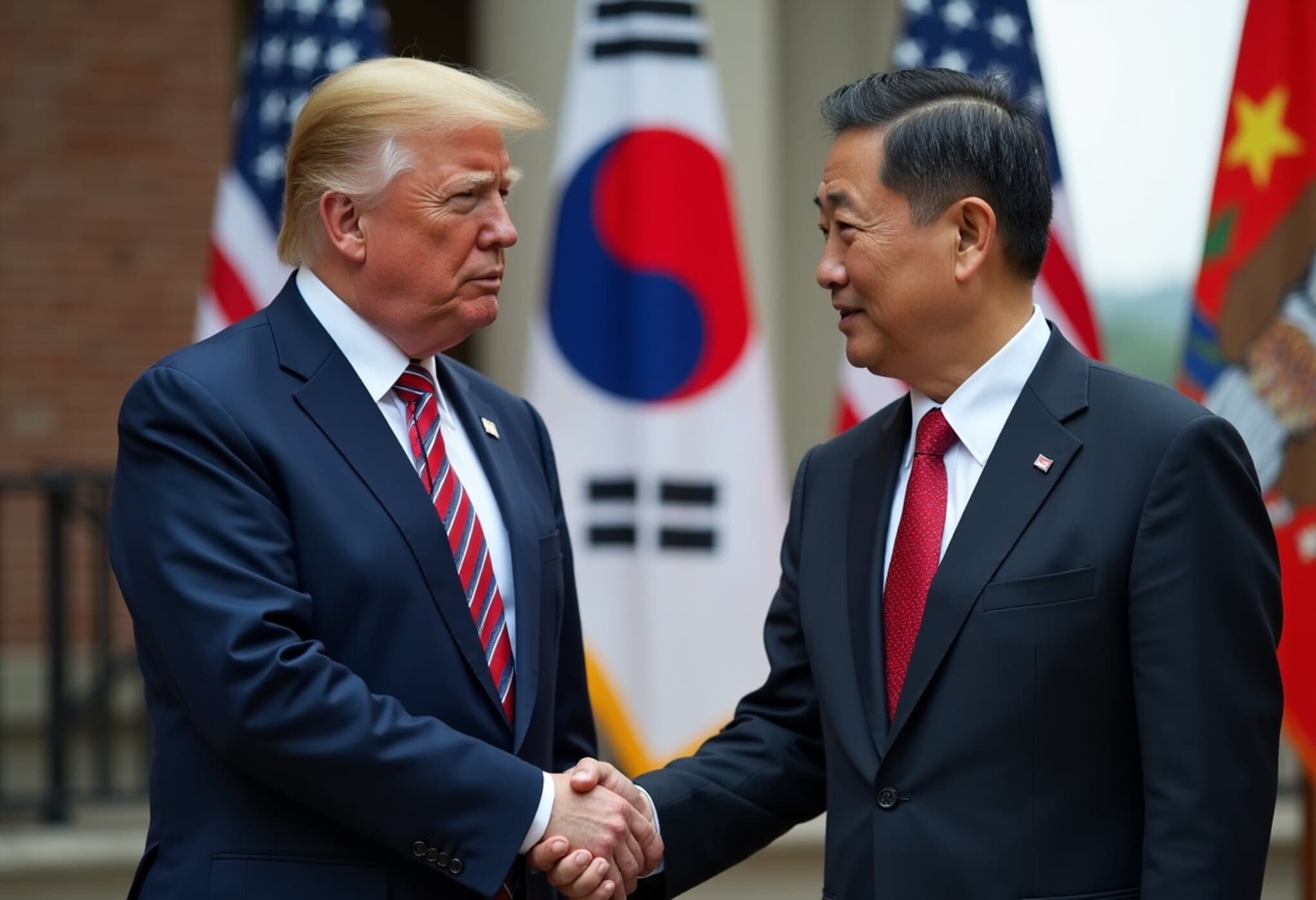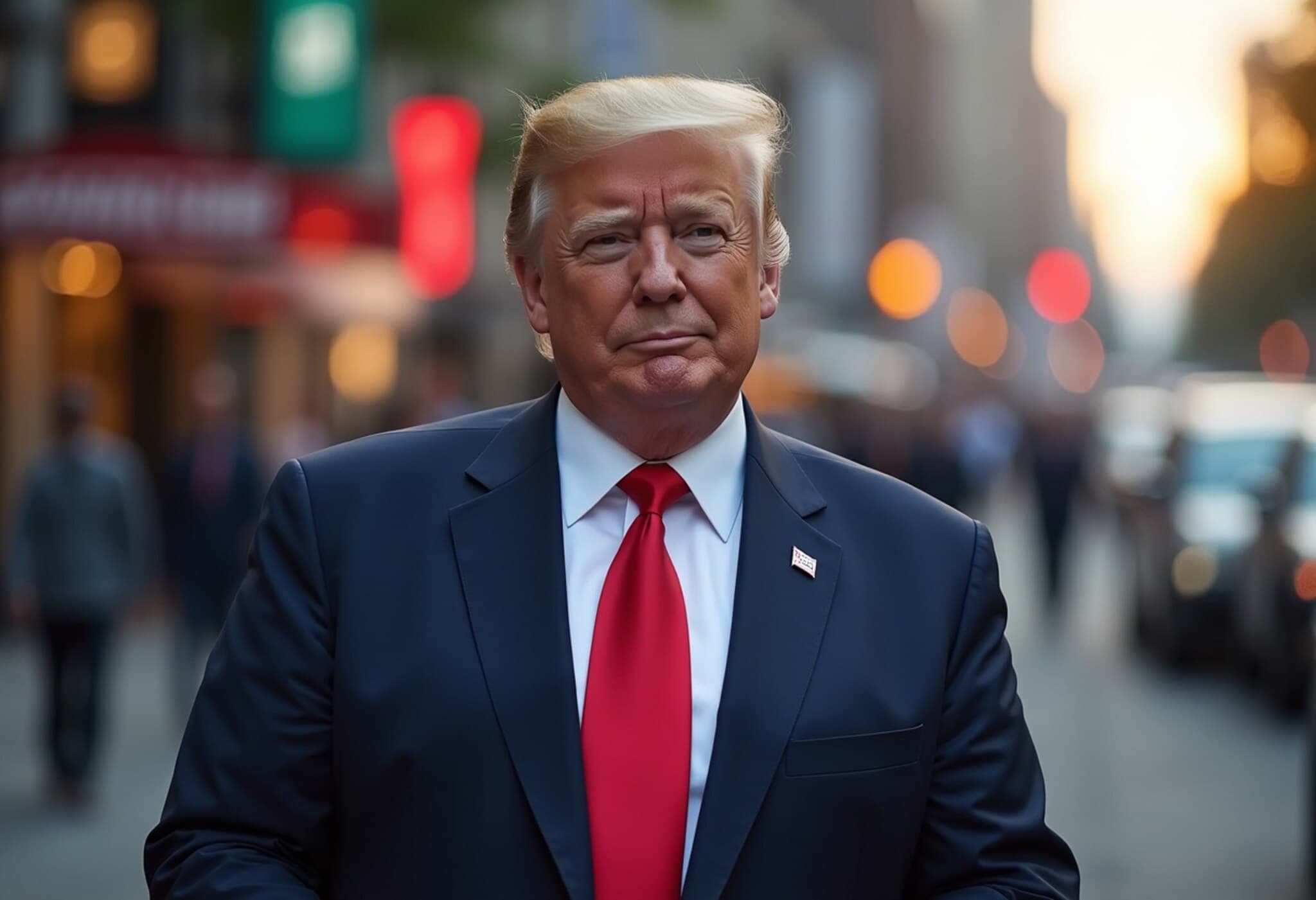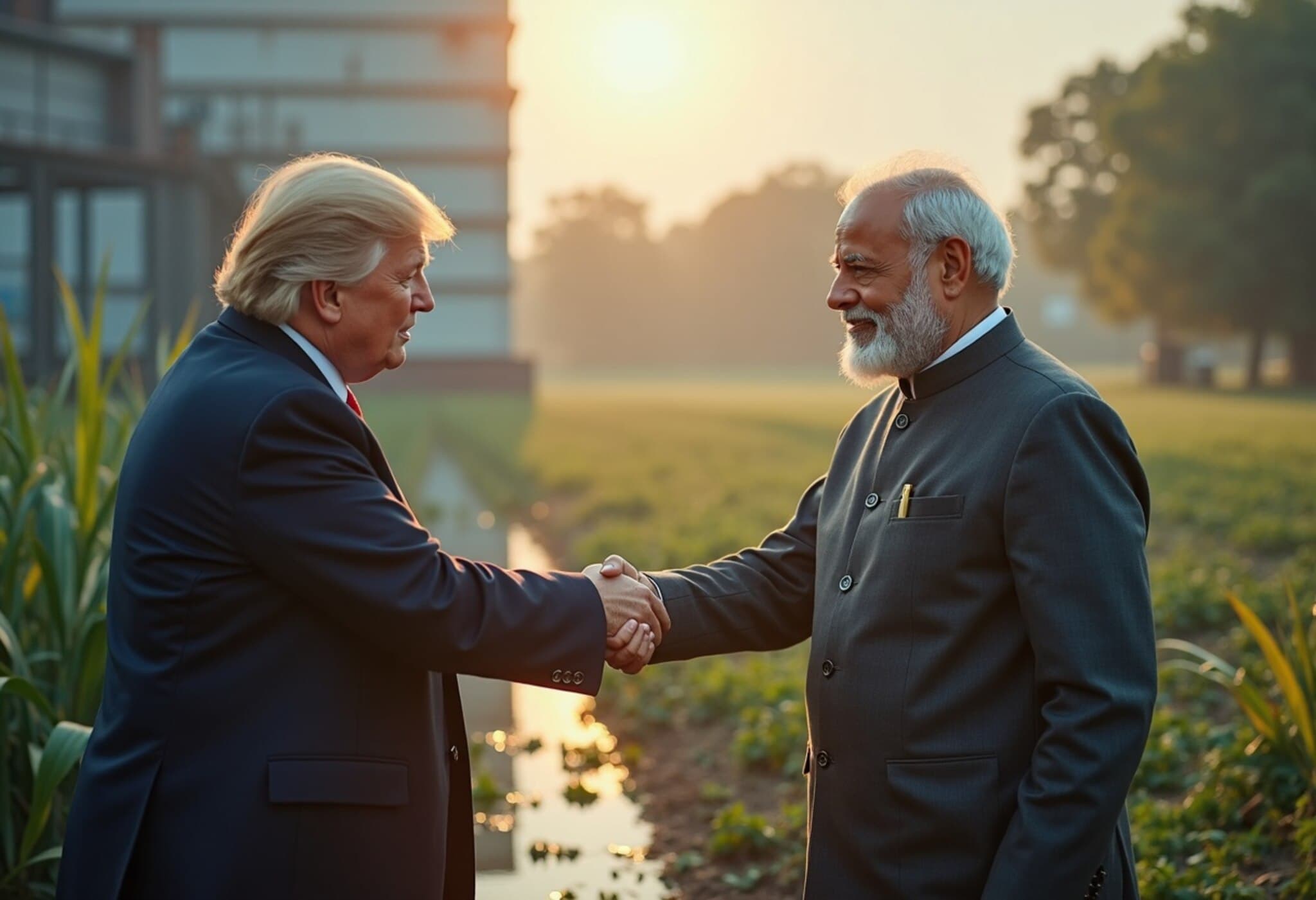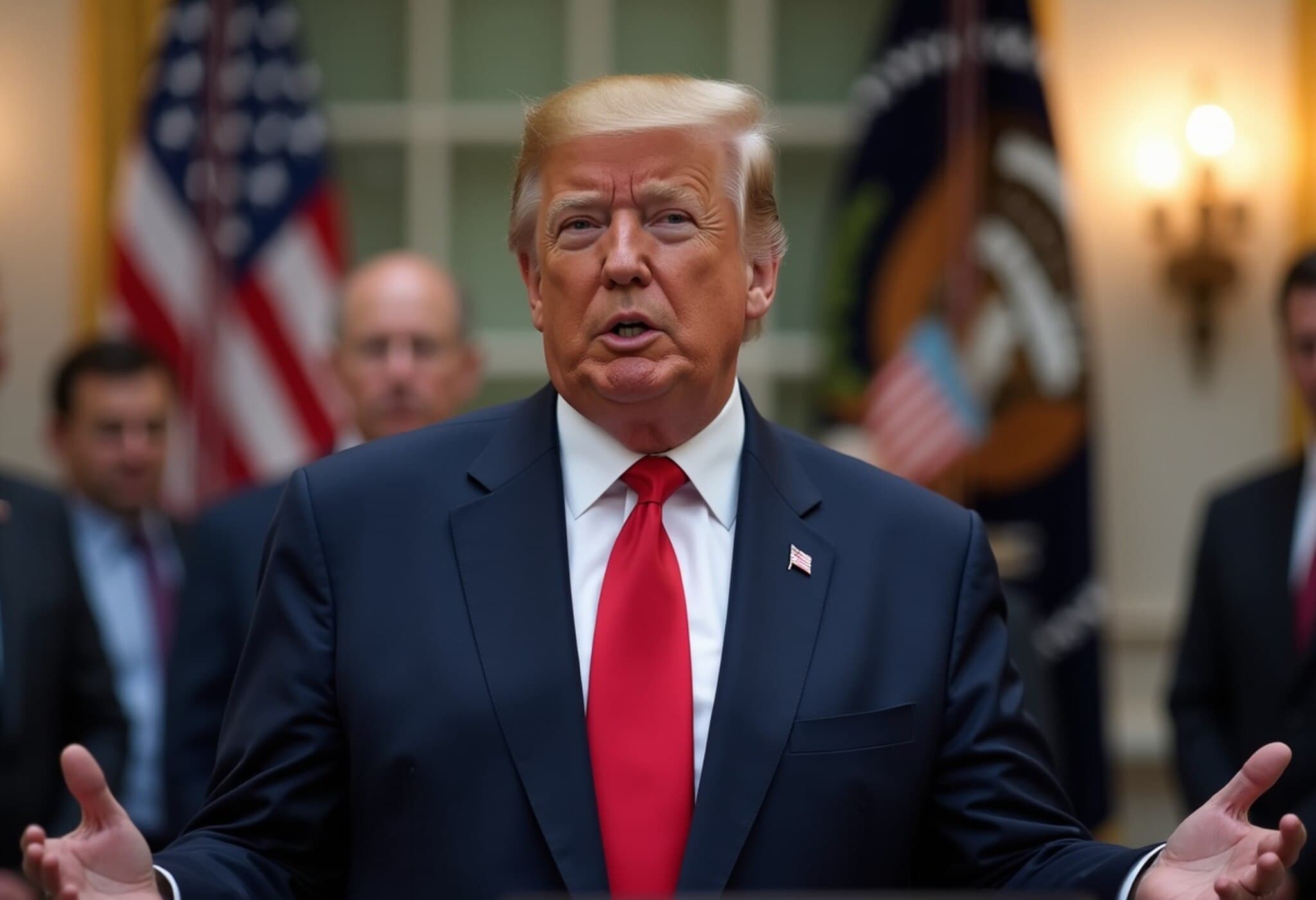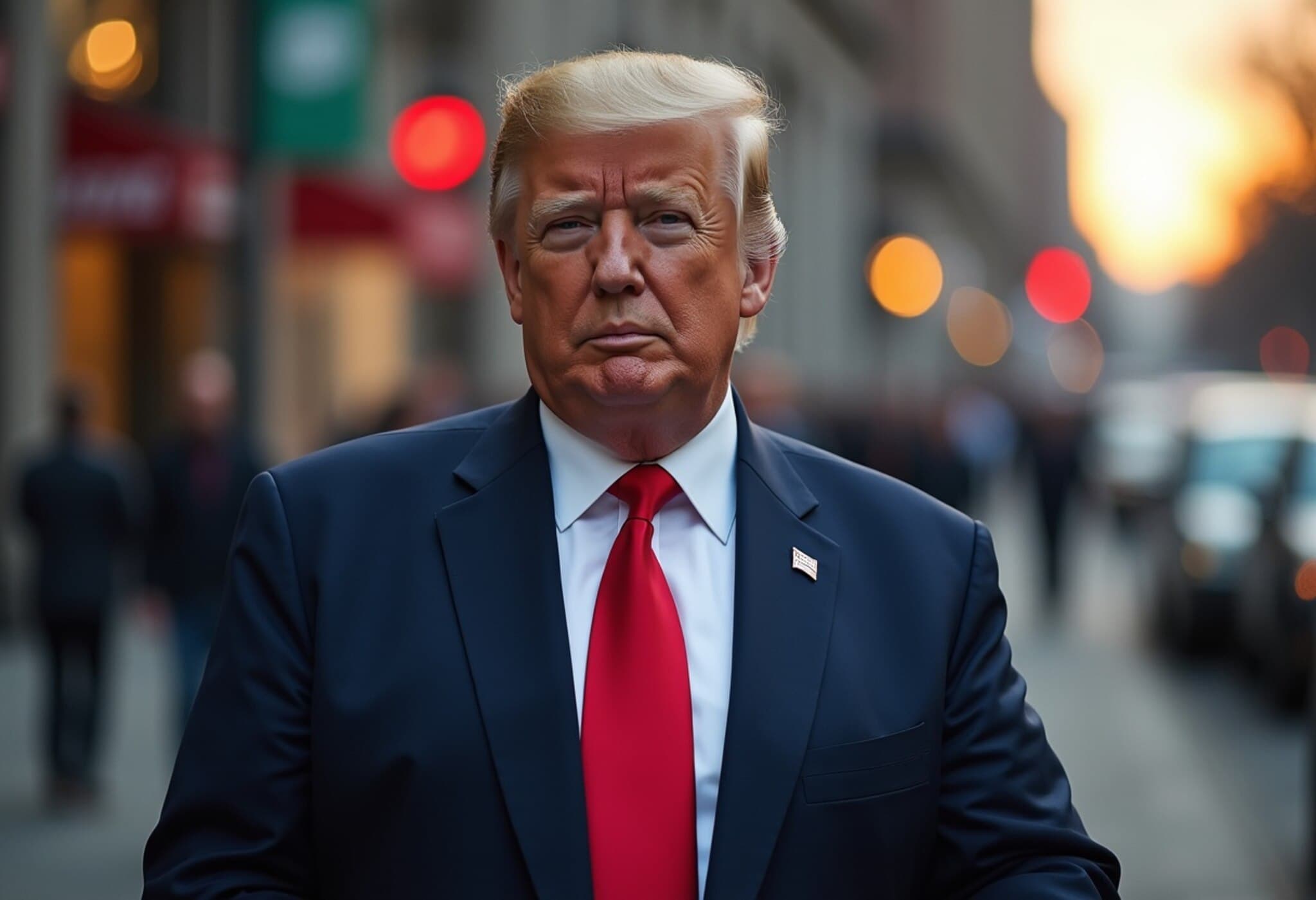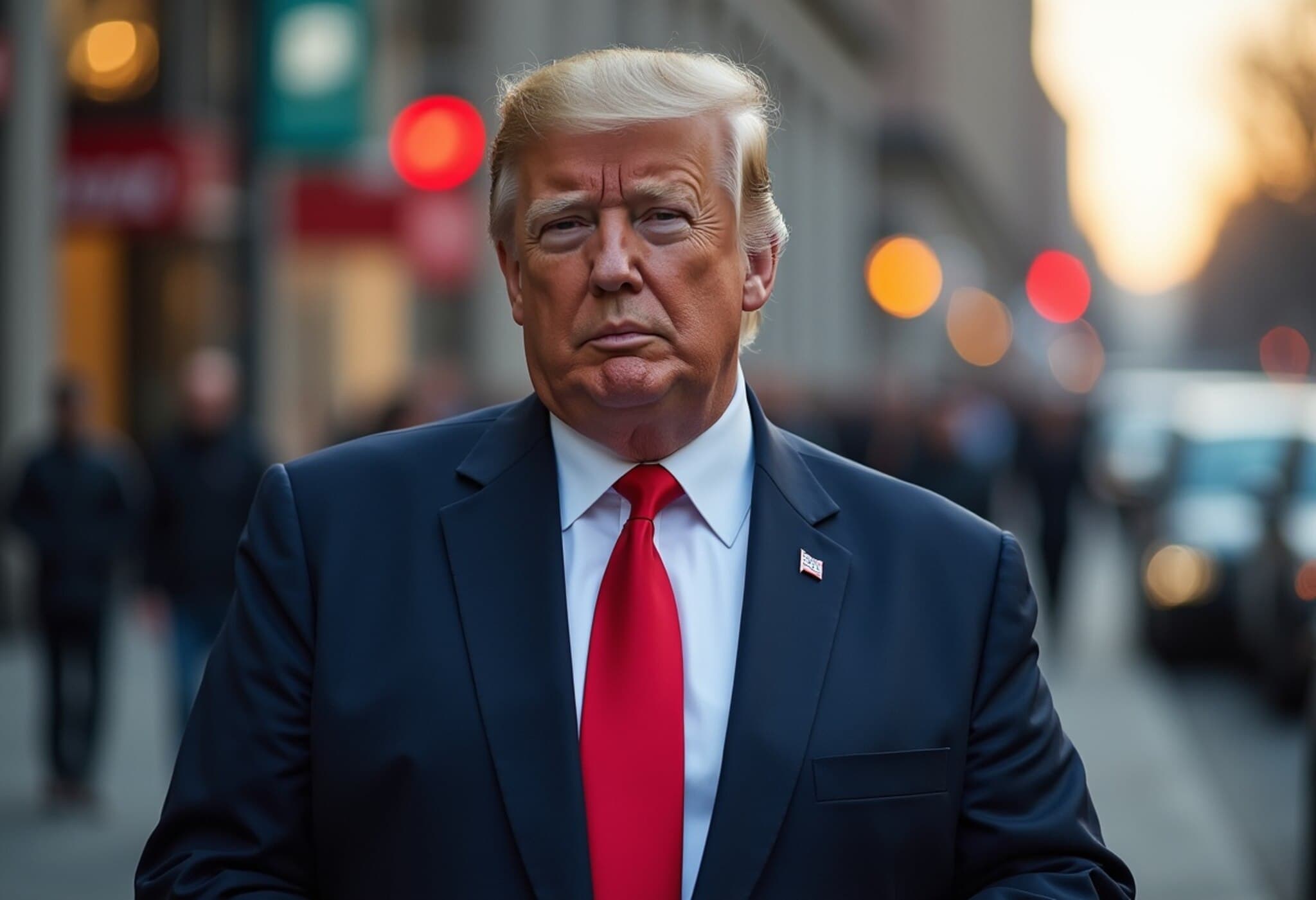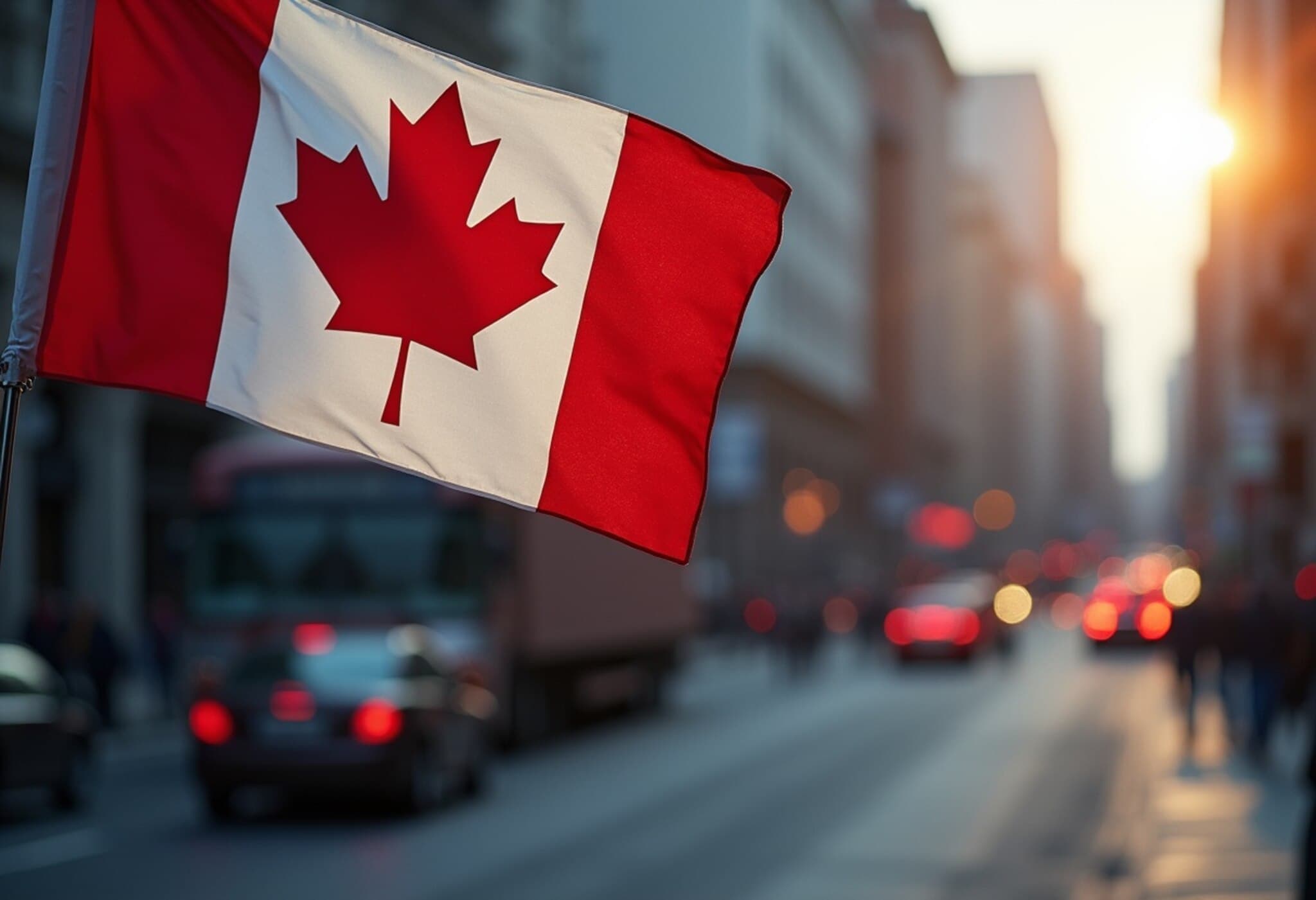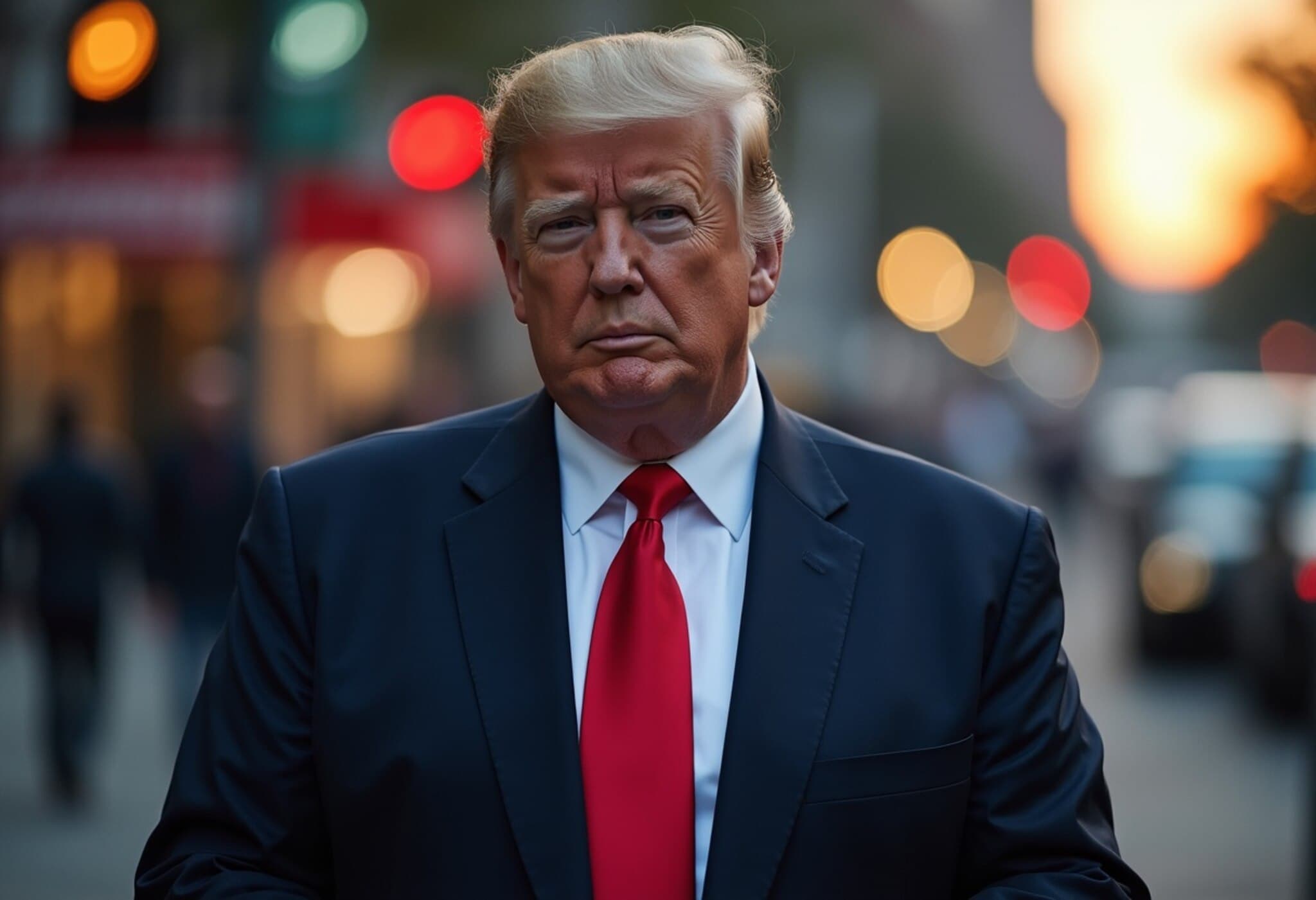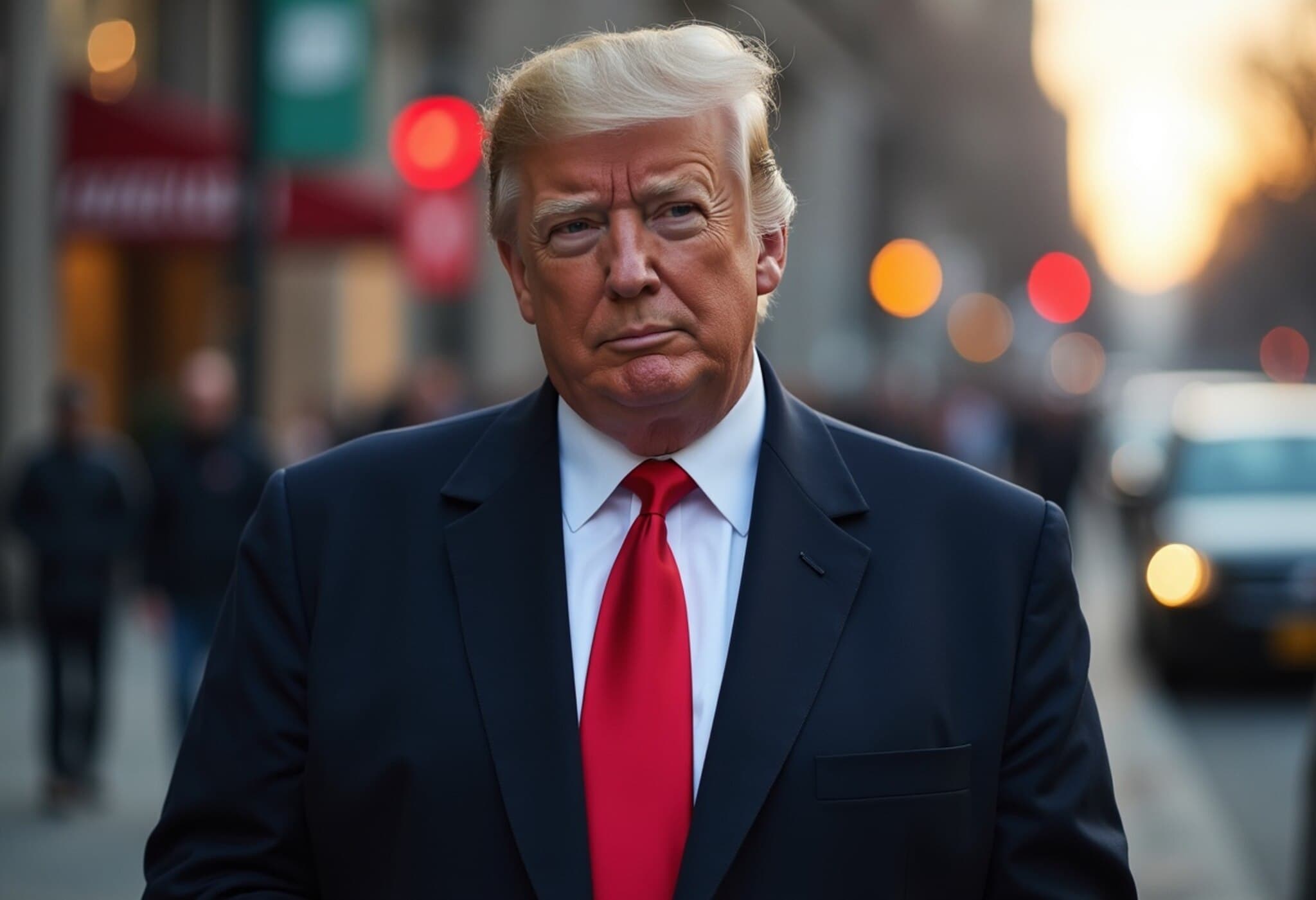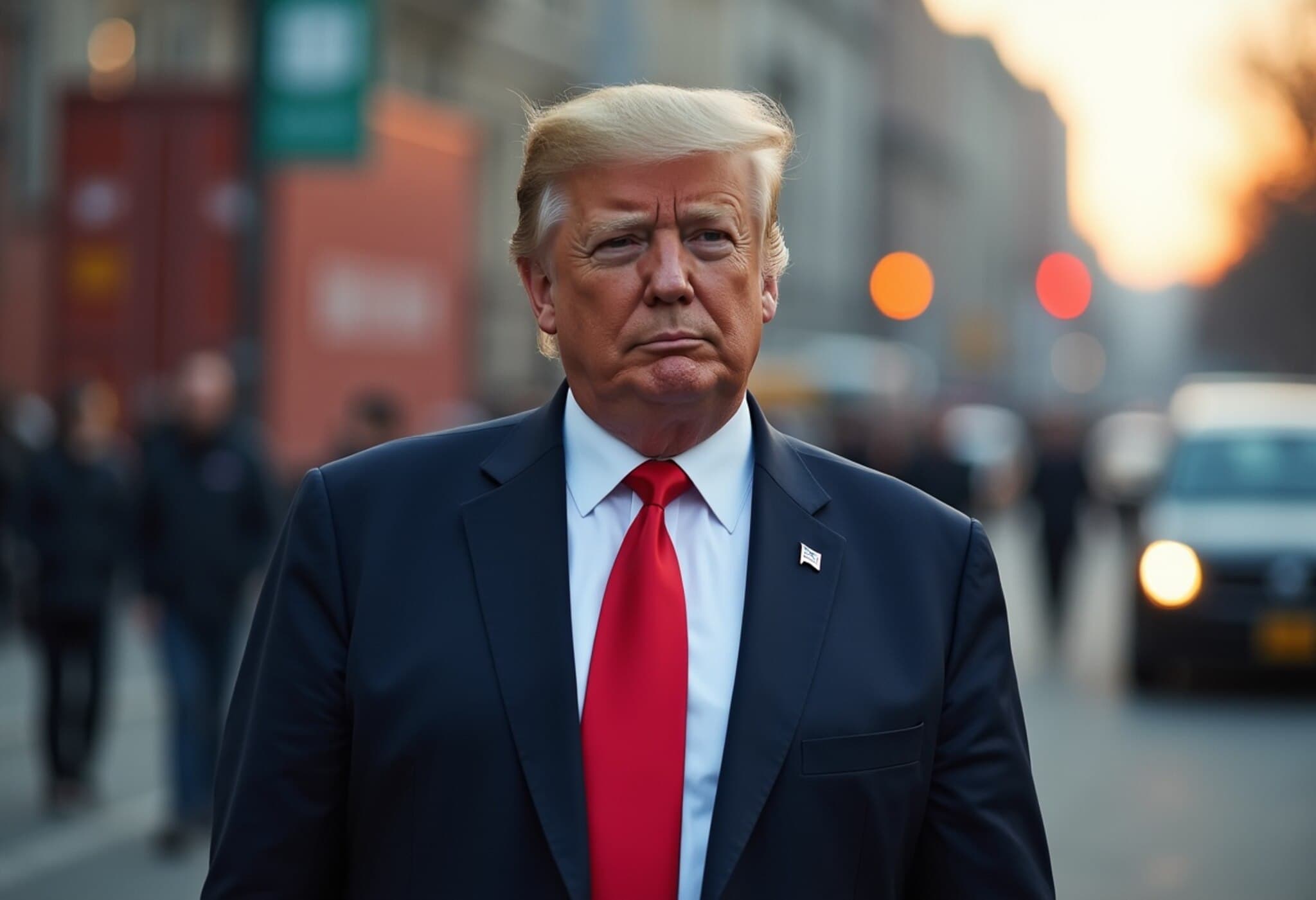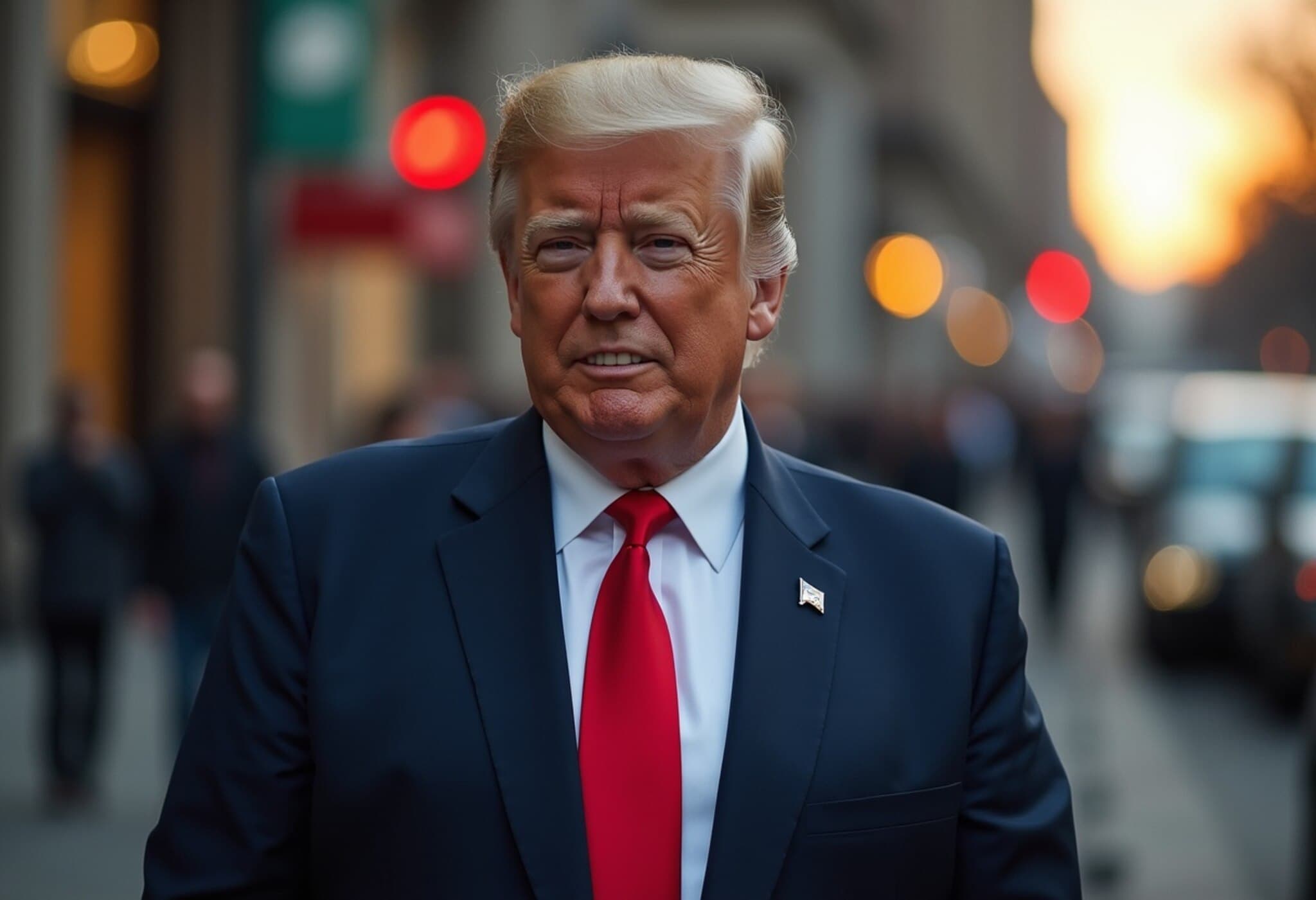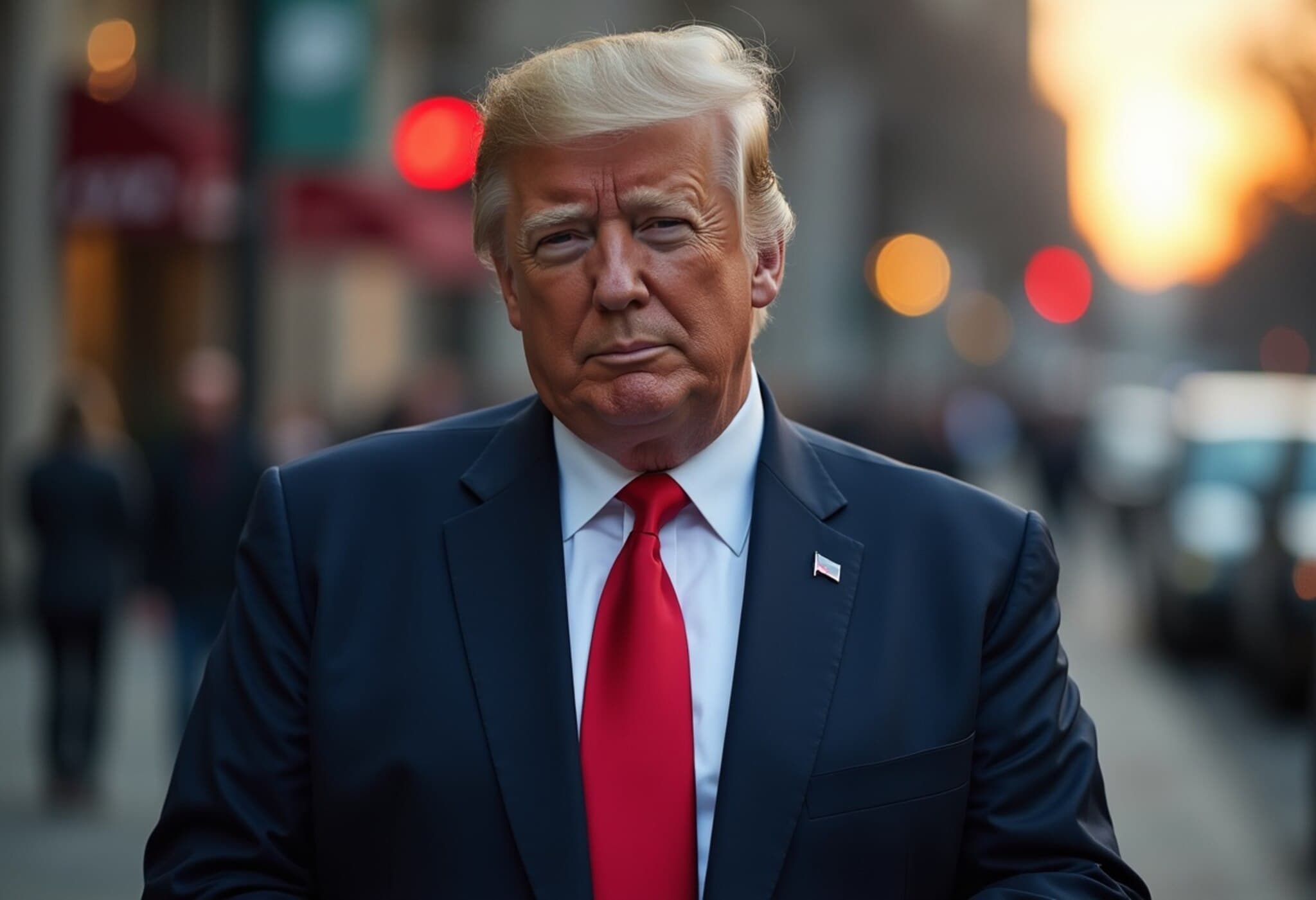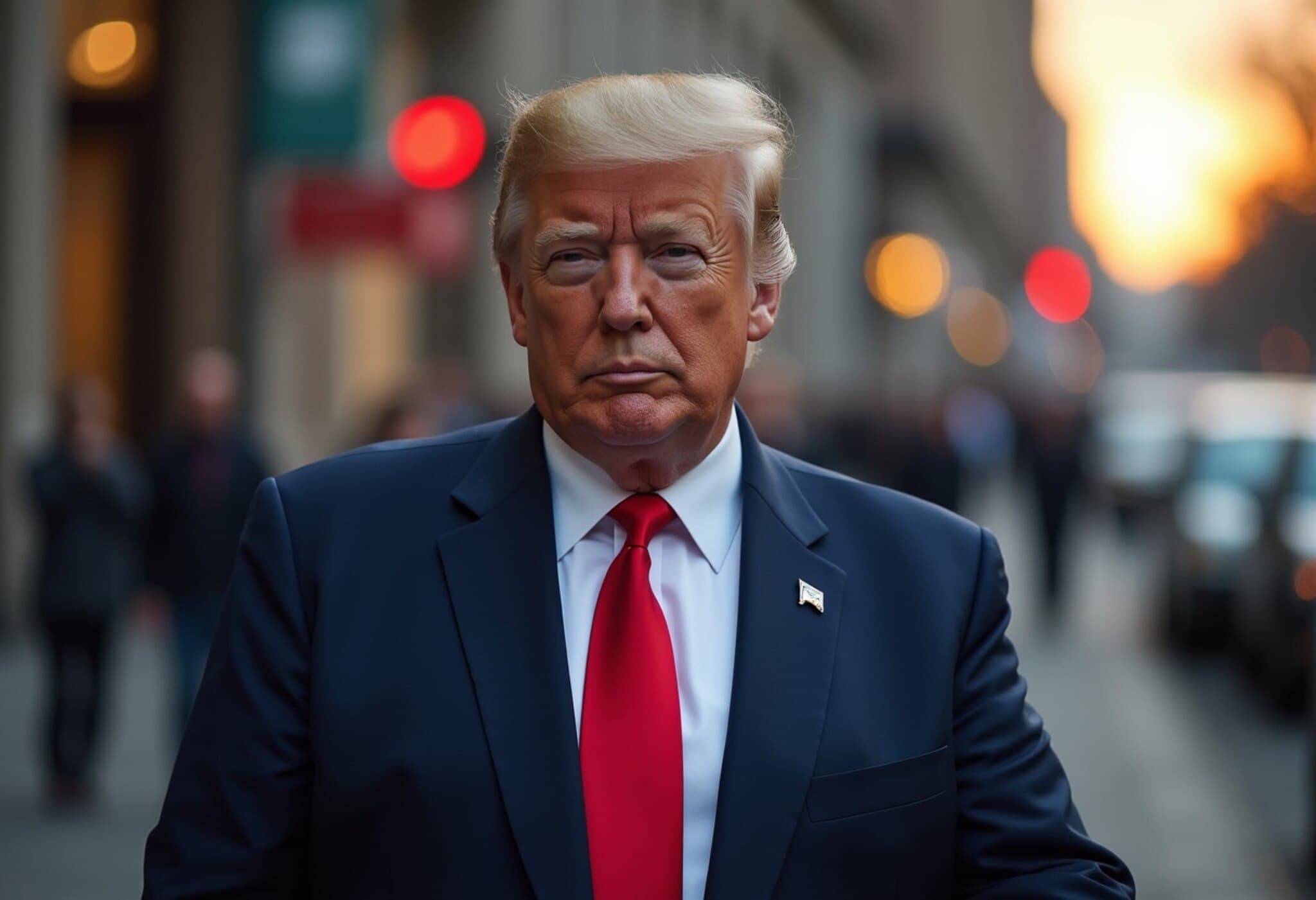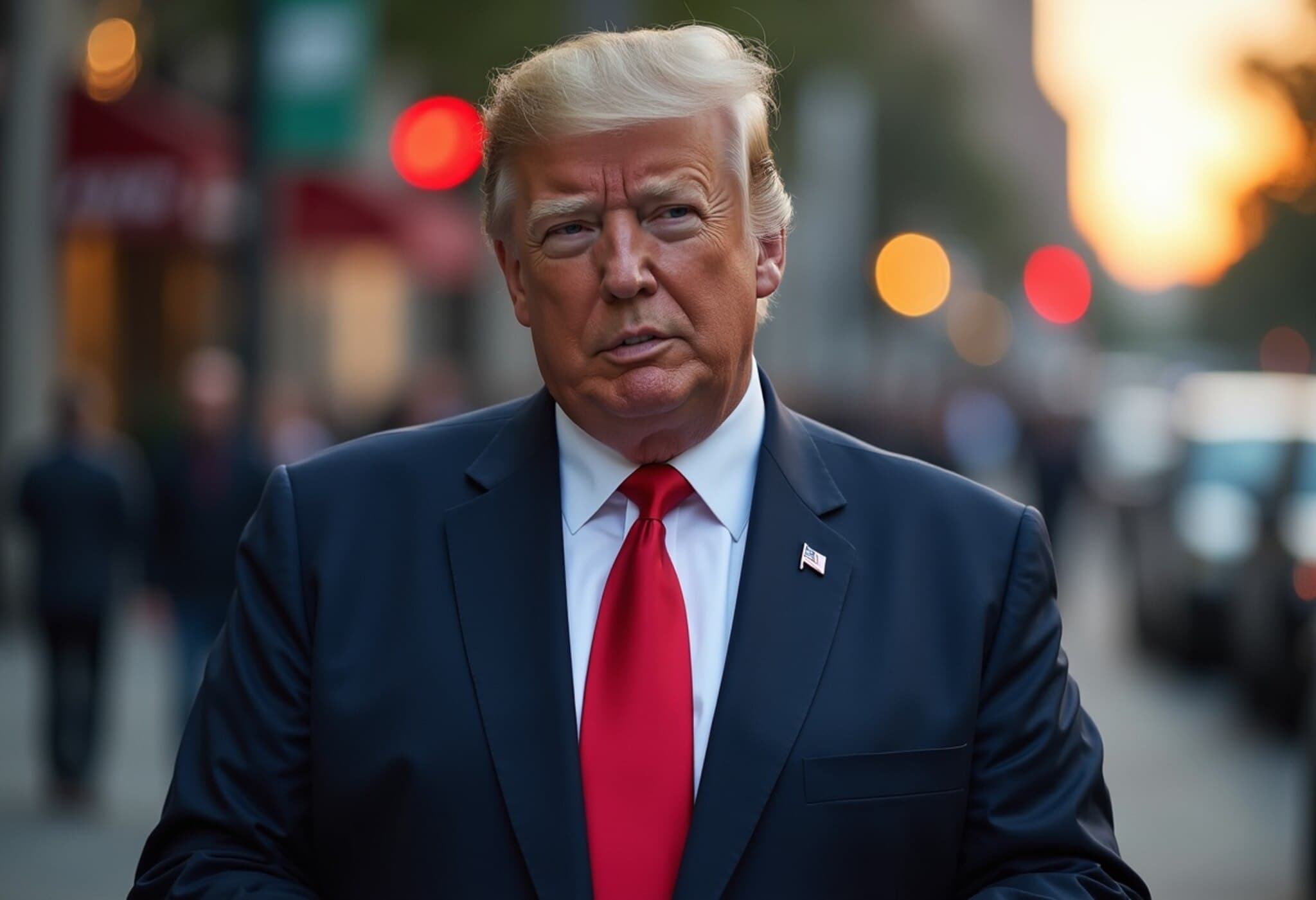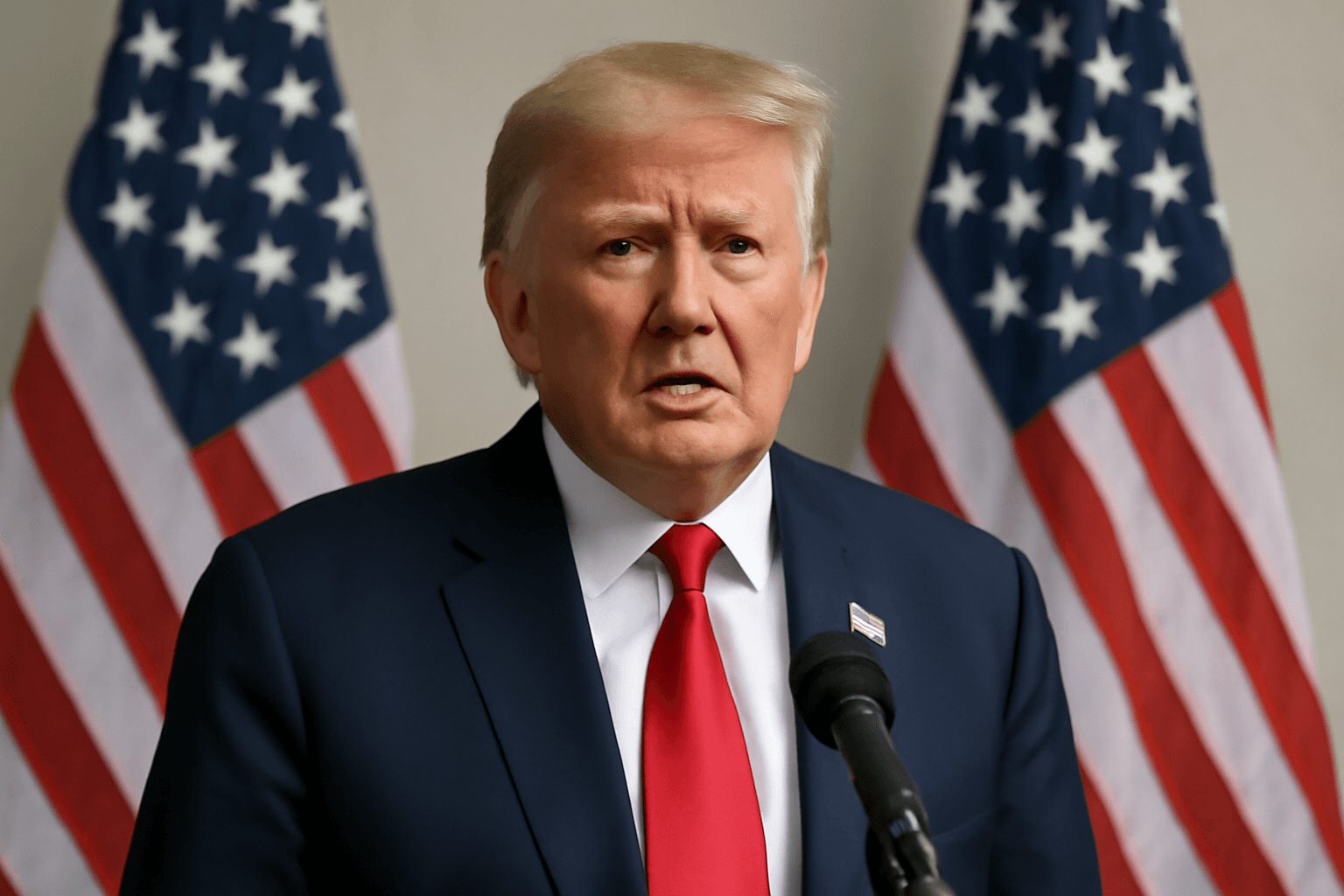How Trump’s Tariff Policies Are Rattling Africa’s Fragile Economies
Africa is a land of stark contrasts—vast savannahs dotted with majestic wildlife, abundant natural resources beneath its soil, yet enduring recurrent episodes of conflict, poverty, and hunger. Recent shifts in U.S. trade policy under former President Donald Trump threaten to tip the delicate balance further toward hardship, with widespread ramifications across the continent.
From Promise to Disruption: The Reality of Trump’s Trade Approach
Upon taking office, President Trump vowed to reshape America’s engagement with Africa, moving away from traditional aid dependency toward fostering economic self-reliance through trade. However, in practice, this vision has faltered. Instead of building sustainable trade partnerships, the administration implemented steep tariffs on African exports and drastically reduced foreign aid—moves that experts say have exacerbated poverty and economic fragility rather than alleviating them.
Lesotho: A Microcosm of Crisis
Nowhere is this policy quandary clearer than in Lesotho, a small, landlocked nation of 2.3 million people. Lesotho had flourished under the African Growth and Opportunity Act (AGOA), which granted duty-free access to the U.S. market, especially benefiting its garment industry. Thousands of Basotho workers, many of whom were women, found stable employment manufacturing clothes for major American retailers like Levi’s and Walmart.
But since the Trump administration imposed tariffs as high as 50% on Lesotho’s textile exports—a stark reversal of past support—the sector has collapsed. The Ever Successful Textile factory in Maseru, once employing 650 workers predominantly reliant on U.S. orders, has dwindled to fewer than 100 employees finishing a last batch. These layoffs ripple far beyond factory floors, imperiling families who already subsist on fragile incomes, often less than $170 monthly.
The Government’s Struggle and Corruption Allegations
Lesotho’s government has declared a state of disaster in response to this economic freefall. Trade Minister Mokhethi Shelile voiced frustration not only over the punitive tariffs but also over opaque lobbying attempts demanding $1.5 million in exchange for tariff relief—a demand impossible for the government to meet amid scarcity. Stimulus efforts, including fee waivers and startup funds, are insufficient to compensate for the loss of thousands of jobs that accounted for nearly one-fifth of the country’s GDP.
Infrastructure and Aid: Projects Left in Limbo
The impact extends beyond the factories. Numerous U.S.-funded infrastructure projects—schools, clinics, water access—now lie abandoned or half-finished. For example, the Khama-Khamane Primary School in Qabane awaits a roof replacement after losing partial funding mid-way. Such interruptions threaten education and health outcomes in rural areas where alternatives are scant.
A Continent Under Pressure
Lesotho’s plight is echoed across Africa. Countries such as Madagascar, Mauritius, Botswana, Angola, Libya, South Africa, and resource-rich Nigeria face tariff hikes between 14% and 50%, severely undermining key sectors like textiles, agriculture, and mining. With the looming expiration of AGOA in September 2025 and minimal bipartisan interest in renewal within the U.S. Congress, the entire continent faces a precarious future.
Agricultural exports from South Africa, including vital citrus fruits, are jeopardized, putting up to 100,000 jobs at risk. Madagascar’s textile industry, representing a substantial economic pillar, teeters on collapse. In response, many African nations are urgently exploring alternative trade alliances—turning to China, BRICS partnerships, and embracing the African Continental Free Trade Area (AfCFTA)—though such transitions demand time and investment.
Beyond Tariffs: The Human Cost of Policy Choices
These developments spotlight a critical truth: trade policies do not exist in a vacuum. Behind the data and tariffs lie human lives—families grappling with unemployment, children facing interrupted education, communities losing access to health care. Reciprocal tariffs, while sounding fair on paper, can disproportionately harm weaker economies, deepening inequality and hardship.
Experts warn that Trump’s tariff-first stance, paired with drastic aid cutbacks, has failed to promote genuine economic independence in Africa. Instead, it has precipitated heightened poverty, instability, and social vulnerability—undermining the very self-reliance it purported to encourage.
Looking Ahead: Questions for Policymakers
- Will the U.S. renew AGOA to preserve crucial market access for African exporters, or will economic nationalism prevail?
- How can trade policy better balance reciprocity with the developmental realities of poorer nations?
- What roles can multilateral organizations like the World Trade Organization play in cushioning vulnerable states during policy shifts?
- Can emerging African partnerships with China and within AfCFTA offer sustainable alternatives?
Without mindful, context-driven engagement, trade risks becoming a blunt instrument that inflicts more harm than good. The unfolding crisis challenges policymakers and citizens alike to rethink how global economic relationships can build resilience rather than deepen fracture.
Editor’s Note
This analysis reveals how aggressive U.S. tariffs and aid withdrawals under the Trump administration have triggered a humanitarian emergency across Africa, with Lesotho’s textile industry emblematic of broader economic and social upheaval. The story underscores the importance of nuanced, equitable trade policies that factor in disparities in economic power and development stage.
As AGOA’s future hangs in the balance, the lives impacted by policy decisions demand urgent attention—not just from governments, but from global citizens invested in a fairer, more interconnected world.

